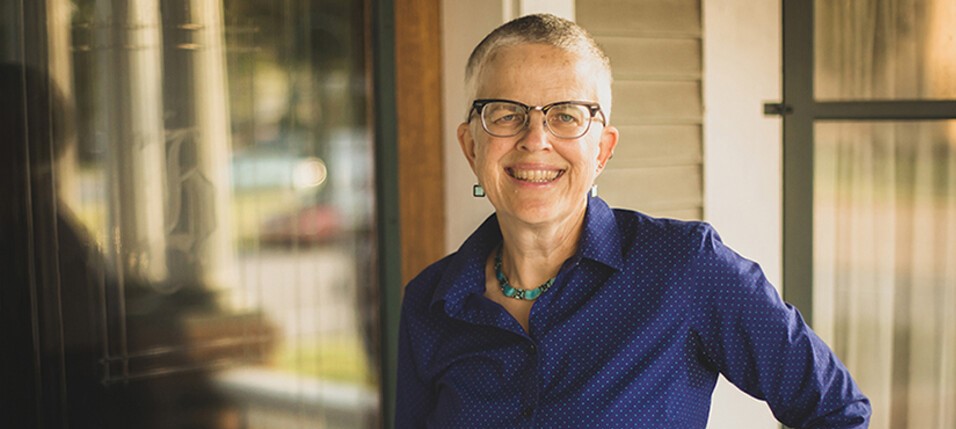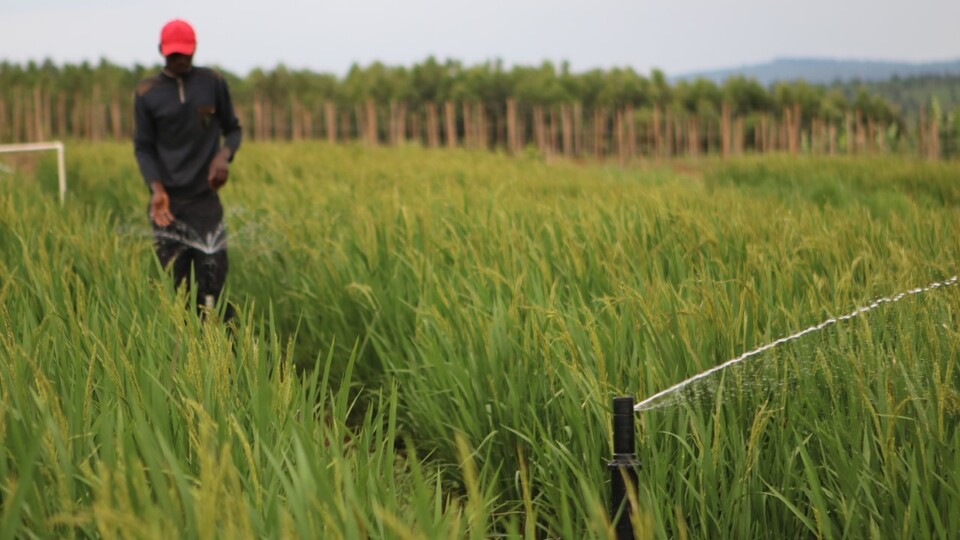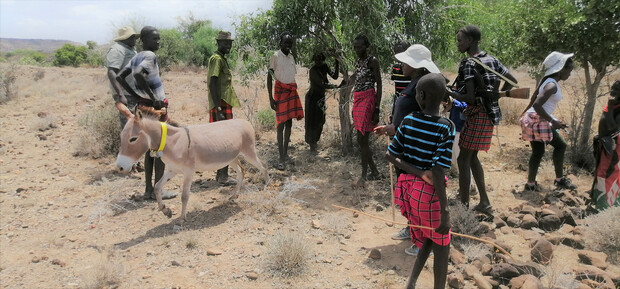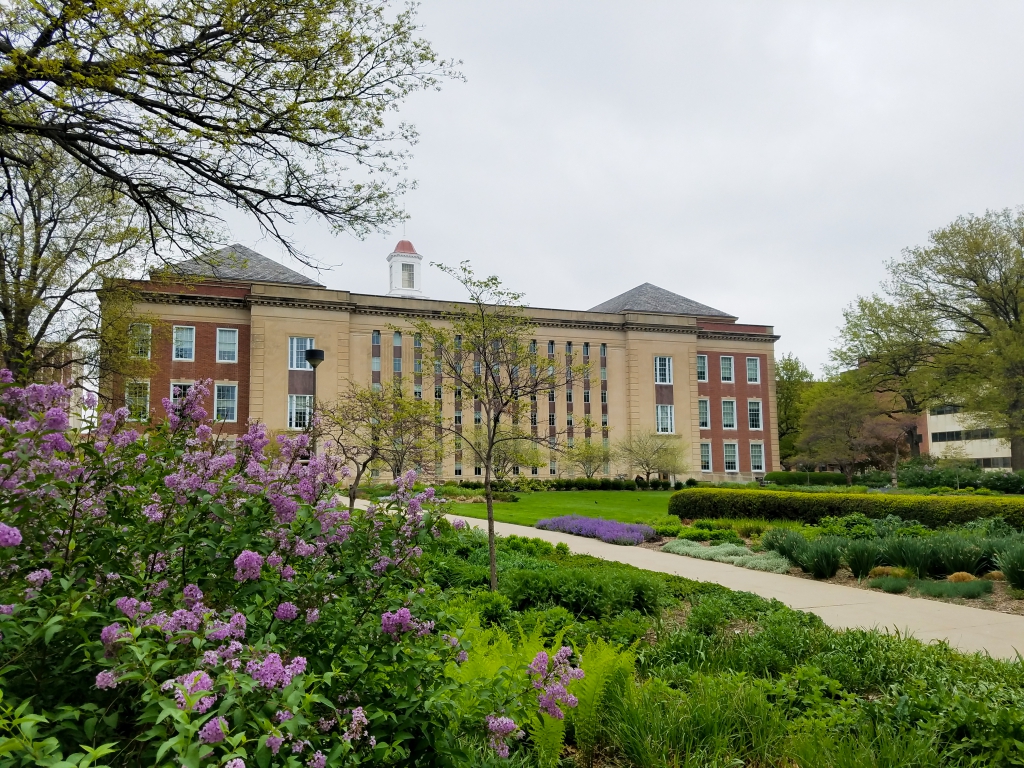In case you missed these stories highlighting research and creative activity at the University of Nebraska-Lincoln, the Office of Research and Economic Development’s communications team has compiled a roundup of some of the month’s top stories from research.unl.edu.
Trends in children’s lit track America’s racial history, research shows

Who: Amanda Gailey, associate professor of English
What: Children’s literature is a window into societal views of the day – including America’s racial history. In studying children’s books from the post-slavery era through World War II, Gailey found that racial stereotypes of Black people were rampant in literature and publications, in both obvious and subtle ways. This had implications for how Black children saw themselves culturally represented and reinforced racist beliefs.
“Children’s literature often tells us more about adults than it does kids. It reflects what adults want children to think. You can look at the children’s literature and get some fascinating insights into the racial imagination of adults, and what they wanted to replicate in their kids,” Gailey said.
Writer: Dan Moser, Office of Research and Economic Development
Forthcoming book centers Willa Cather’s partnership with Edith Lewis

Who: Melissa Homestead, professor of English and director of The Cather Project
What: Homestead explores the professional and personal partnership between famed author Willa Cather and Edith Lewis in her new book, “The Only Wonderful Things: The Creative Partnership of Willa Cather and Edith Lewis.” Homestead drew upon unpublished articles housed at Nebraska to reconstruct the couple’s life and literary partnership – a piece of Cather’s legacy that has been glossed over.
“A lot of people found it inconvenient, essentially, for Edith Lewis to exist,” Homestead said. “They wanted to — from their perspective — protect Cather’s reputation.”
Writer: Deann Gayman, University Communication
Nebraska team aims to improve irrigated ag in sub-Saharan Africa

Courtesy photo | Daugherty Water for Food Global Institute.
Who: Nick Brozovic, professor of agricultural economics and policy director, Robert B. Daugherty Global Water for Food Institute
What: Agricultural researchers have long realized that introducing crop irrigation to smallholder farmers in developing nations is key to boosting global food sustainability. Less is known about how countries’ business practices affect farmers’ ability to adopt new irrigation practices, grow more and turn a profit. Brozovic leads a Nebraska team studying business models in Rwanda, but he’s hopeful their research will translate to five other African countries.
“The demand right now is to understand the business models used to help small farmers access irrigation and what’s working well, why it’s working and how might we transfer lessons from one country to another.”
Writer: Dan Moser, Office of Research and Economic Development
Vaccine shows signs of protection against dozen-plus flu strains

Who: Eric Weaver, associate professor of biological sciences, and Brianna Bullard, doctoral student
What: Memories being short, the H1N1/09 virus – known as the swine flu – is often forgotten as the first pandemic of the 21st century. Weaver, an expert in vaccine development and efficacy, says the virus is an “ideal mixing ground” for developing a more effective flu vaccine. His team is researching a vaccine development approach that could result in a vaccine that offers better protection against multiple flu strains than one currently available.
“This is the best data I’ve ever seen in the (research) literature,” Weaver said of the Nebraska research team’s findings.
Writer: Scott Schrage, University Communication
Researchers find ways to push international research forward, despite COVID-19

Courtesy photo
Who: Matthew Douglass, assistant professor of practice, agriculture and natural resources; and Larkin Powell, professor in the School of Natural Resources
What: Travel restrictions left Douglass and Powell scrambling to conduct their agricultural field work in Kenya from afar. They continued their work by collaborating with team members on-site and relying on virtual technology to share information. Their flexibility allowed research to continue for another season.
“We have a rapport with the community, who is used to seeing us, and some work for us,” Douglass said. “Some of our informants in the Daasanach community, with the pay we give them for their time, use that money for school fees for their children or for their own school fees. We also have staff in Kenya who work for us for those six weeks and it’s a huge part of their annual income, so it would be a big problem for them not to do this work with us.
“It became not only about losing a year of research and data collection, but also what’s going to happen with our research community, and how can we honor those obligations that we have?”
Writer: Deann Gayman, University Communication






